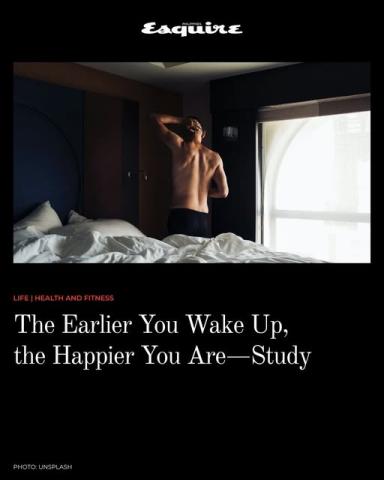In the high-stakes world of competitive tennis, athletes obsess over every detail. They spend thousands on the perfect racquet, the most advanced footwear, and a team of coaches for technique, strength, and nutrition. Yet, one of the most powerful performance enhancers is absolutely free—yet countless aspiring players neglect it: quality sleep.
If you're the type who prioritizes late-night Netflix over a set bedtime, or consistently hits the snooze button instead of embracing the morning, you are actively undermining your potential on the court. The difference between good and great, between fatigue and fortitude, is often forged in the depths of a full night's rest.
The Grand Slam of Sleep Benefits: Why It's Non-Negotiable
For a tennis player, sleep isn't just downtime; it's prime time for physical and mental upgrade.
-
The Ultimate Physical Rehab: During deep sleep (slow-wave sleep), your body enters its most critical repair phase. It releases growth hormone, which is essential for muscle repair, bone building, and fat metabolism. After a grueling practice or a long match, the micro-tears in your muscles are healed not on the massage table, but while you are sound asleep. Skimping on sleep means you're showing up to your next session already damaged goods.
-
Cognitive Edge and Mental Resilience: Tennis is not played with muscles alone; it's a game of chess at 100 miles per hour. Sleep, particularly REM sleep, is when your brain processes information, consolidates memories, and learns new skills. This is when the tactical patterns you drilled in practice—that specific serve placement or return-of-serve tactic—become hardwired into your neural pathways. A well-rested brain has faster reaction times, sharper focus, and better emotional control, allowing you to stay calm under pressure and problem-solve mid-match.
-
Sustained Energy and Coordination: A single match can last for hours, demanding explosive bursts of energy and relentless consistency. Sleep deprivation directly impairs your body's ability to replenish glycogen (your muscles' primary fuel source). It also wreaks havoc on your hand-eye coordination and fine motor skills—meaning your serve percentage will drop and your unforced errors will rise precisely when you need them most.
Expert Advice: How to Train Your Sleep for Peak Performance
We spoke with a sports sleep specialist to get actionable advice for players of all levels.
The Expert's Verdict:
"Athletes often tell me they 'don't have time' for 8-9 hours of sleep. My response is that they don't have time not to. You wouldn't train with a broken racquet. Why would you train with a brain and body that are operating at 60% capacity? Sleep is the most potent legal performance enhancer available."
Your Game Plan for Better Sleep:
-
Prioritize Consistency: This is the number one rule. Go to bed and wake up at the same time every day, even on weekends. This regulates your body's internal clock (circadian rhythm), making it easier to fall asleep and wake up naturally, without an alarm.
-
Action Item: Choose a realistic wake-up time and count back 8-9 hours to set your bedtime. Stick to it.
-
-
Create a Pre-Smatch Routine: The hour before bed is critical. Your routine should signal to your brain that it's time to wind down.
-
Action Item: Dim the lights, put away all screens (phone, laptop, TV), and avoid intense exercise. Instead, try reading a book, doing light stretching, or meditating.
-
-
Optimize Your Environment: Your bedroom should be a cave designed for sleep.
-
Action Item: Ensure your room is cool, dark, and quiet. Consider blackout curtains and turning down the thermostat. A white noise machine can mask disruptive sounds.
-
-
Fuel for Recovery, Not Disturbance: What you eat and drink directly impacts sleep quality.
-
Action Item: Avoid large meals, caffeine, and alcohol within 3 hours of bedtime. While alcohol might make you feel drowsy, it severely disrupts your sleep cycles, preventing you from reaching the restorative deep and REM stages.
-
-
Reframe Your Mindset: Stop viewing sleep as lost time. Start viewing it as a critical part of your training regimen.
-
Action Item: Schedule your sleep in your calendar with the same importance as your practice sessions. It is an active appointment with recovery.
-
The next time you consider staying up late or hitting the snooze button, remember: your opponent might already be asleep, or already be up hydrating and preparing for the day. Champions aren't just made on the practice court; they are forged in the quiet, restorative hours of the night. It's time to make sleep your strongest advantage.

